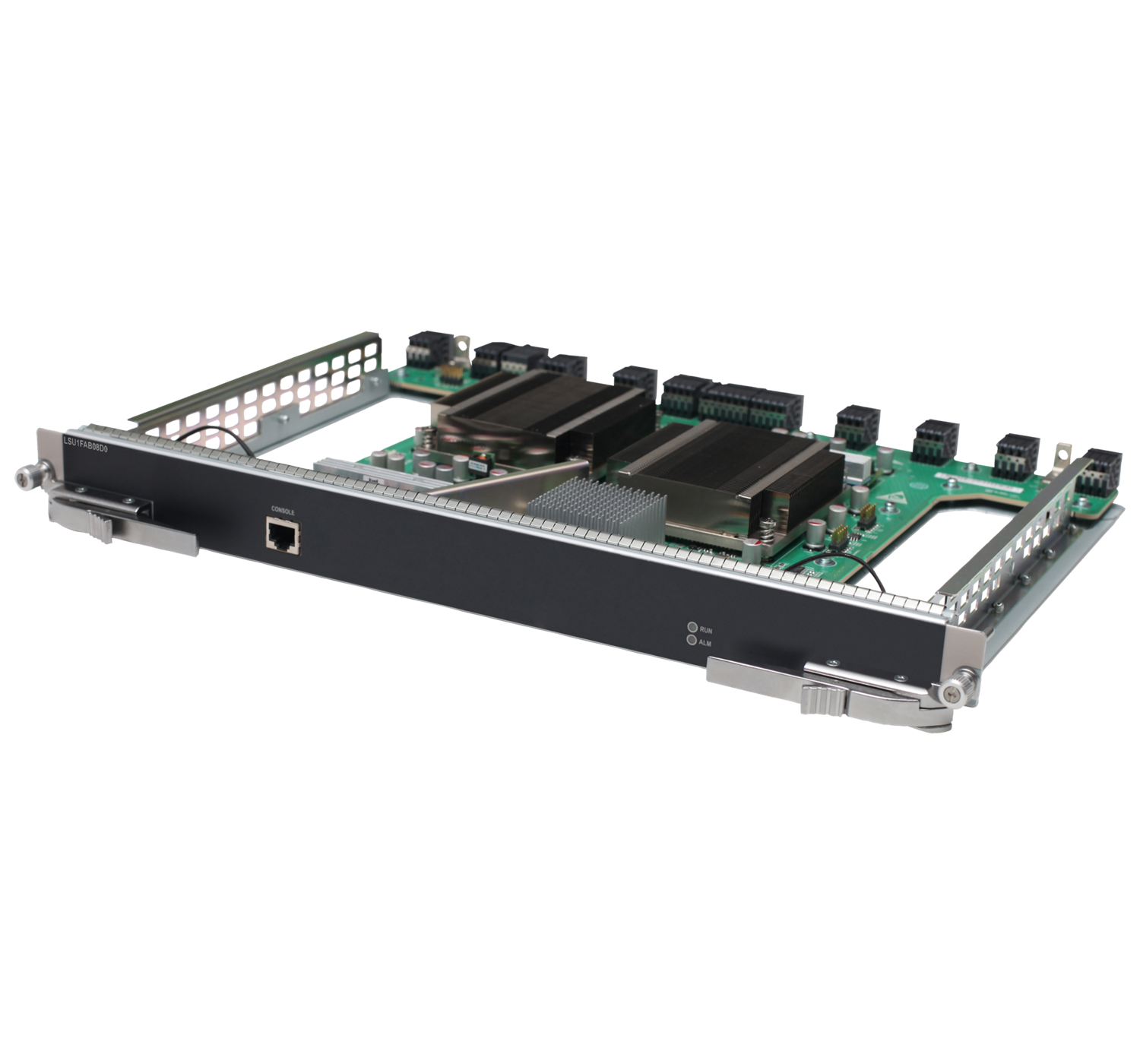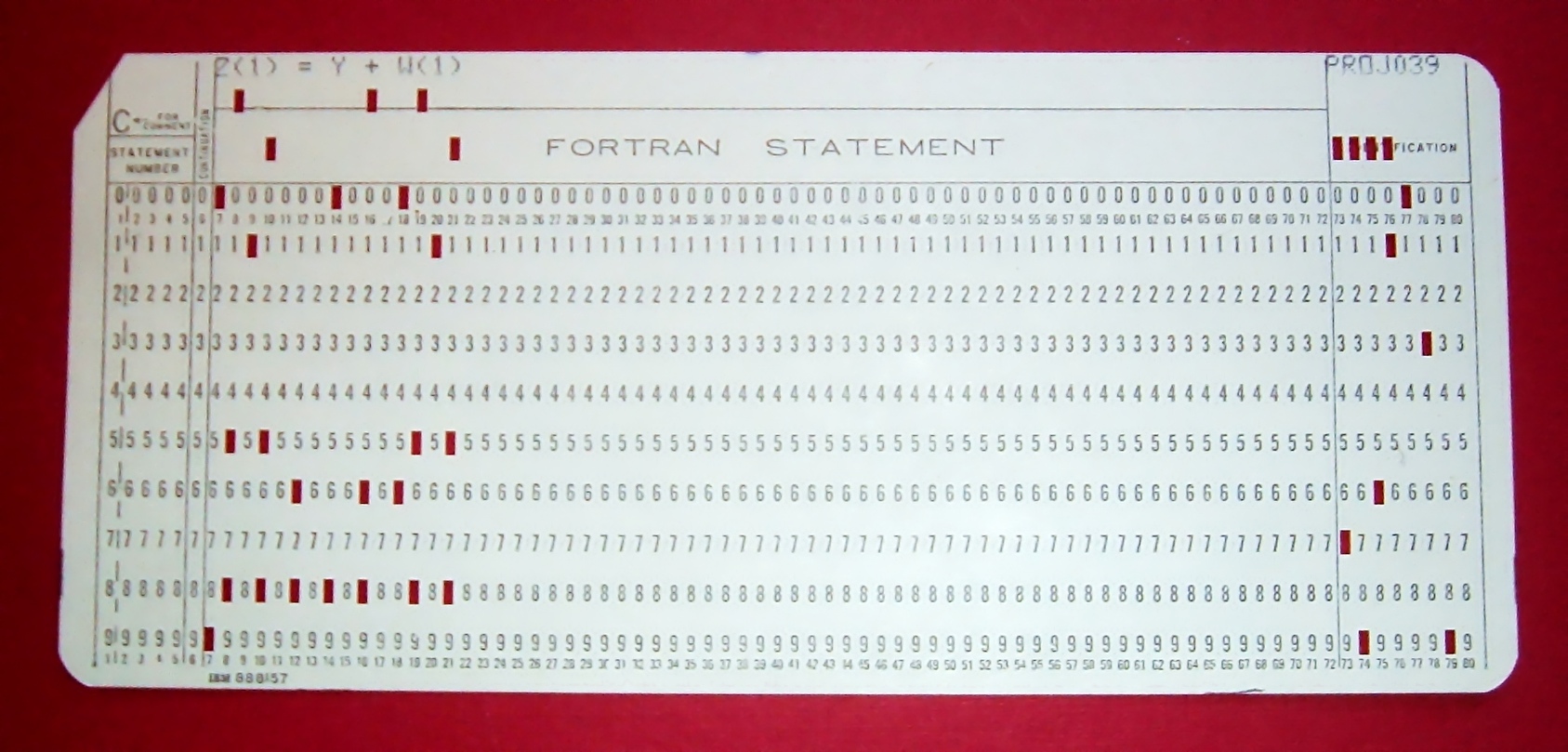

With AAC-HEv2 at 48kbps you get even smaller files. I'm watching some TV series when working. Or for less important content, that you have stored somewhere in high quality to keep it on HDD for occasionally watch it (TV series, video clips, short cartoon series, anime and anything) and don't spend too much space. Also priceless when you need just hardcode subtitles for someone who's TV doesn't support text subtitles and have not PC (older relatives). It means bit more than 2 mins for standard movie duration. Which means 40seconds/second in 25fps case.

And because 2 videos in parallel it is 1000fps total. 720x480 video, 2 parallel, you can get with HQ (which i believe is pseudo 2-pass encoding) with average and max bitrate, reference frame set to max 16 (P-frames), with 1050ti you get around 500fps. I have i5-6500 which isn't weakest but also not stronger. Nvenc 265 for example is priceless when you have some weaker CPU. However, I do think encoding solutions based on integrated graphics, such as those found on Kaby Lake, Coffee Lake, AMD's soon to be released Zen based APU's and Intel's Intel cpu AMD gpu frankenchip may actually be viable. I think any discussion involving hardware encoders based on hardware found on discrete GPUs is effectively a moot point thanks to the price of add in video cards skyrocketting due to the crypto mining craze that is unlikely to subside anytime soon. There was some questions surrounding those tests, such as whether the $5000 QS software used produced superior quality compared to open source solutions based on FFMPEG.


The only comprehensive test involving Intel's Quick Sync was done by MSU when they used a Sky Lake based system and in that test Intel's QS HEVC encoder beat out both x265 and x264. already previously heavily compressed sources they had downloaded from some torrent site. There was some anecdotal evidence of relatively poor quality from users on various forums, but a closer inspection of the complaints shows that they barely knew how to use the encoders in question and were using sources of questionable value, i.e. To add to what's already been said, there are no comprehensive quality tests of Intel's Quick Sync nor AMD's AMF encoders.


 0 kommentar(er)
0 kommentar(er)
